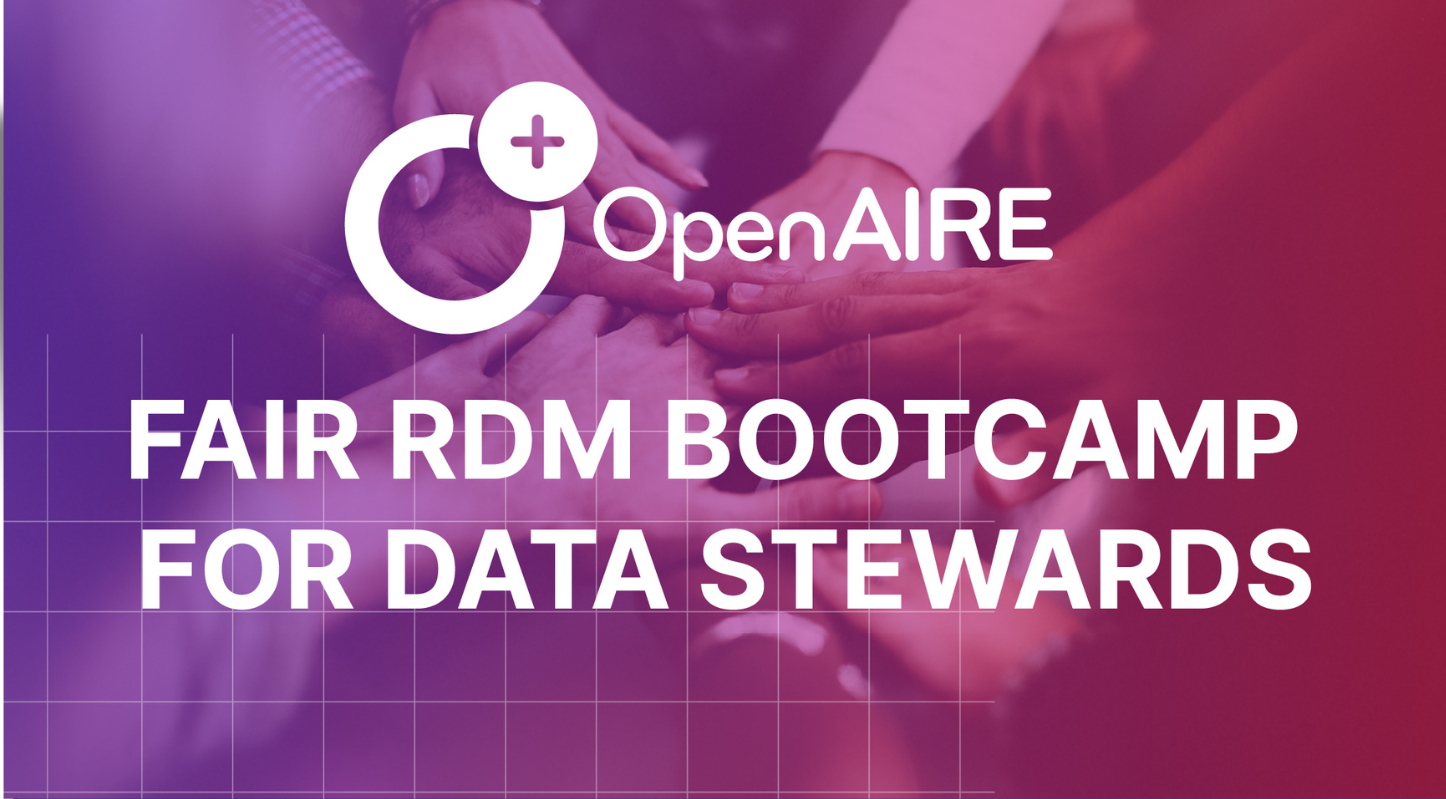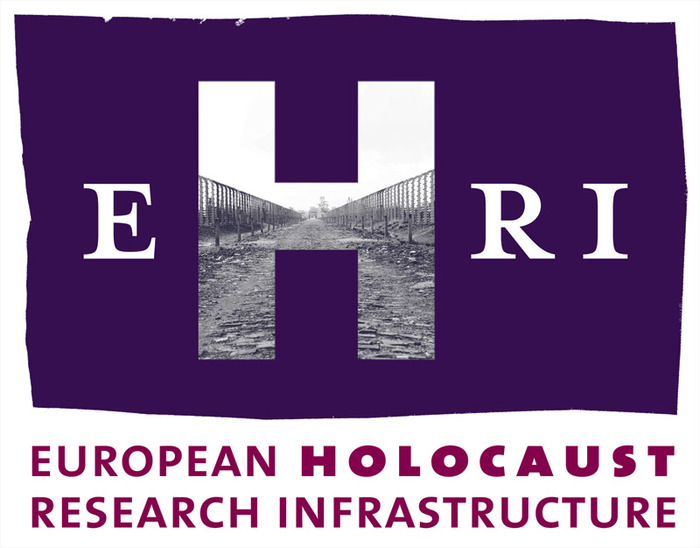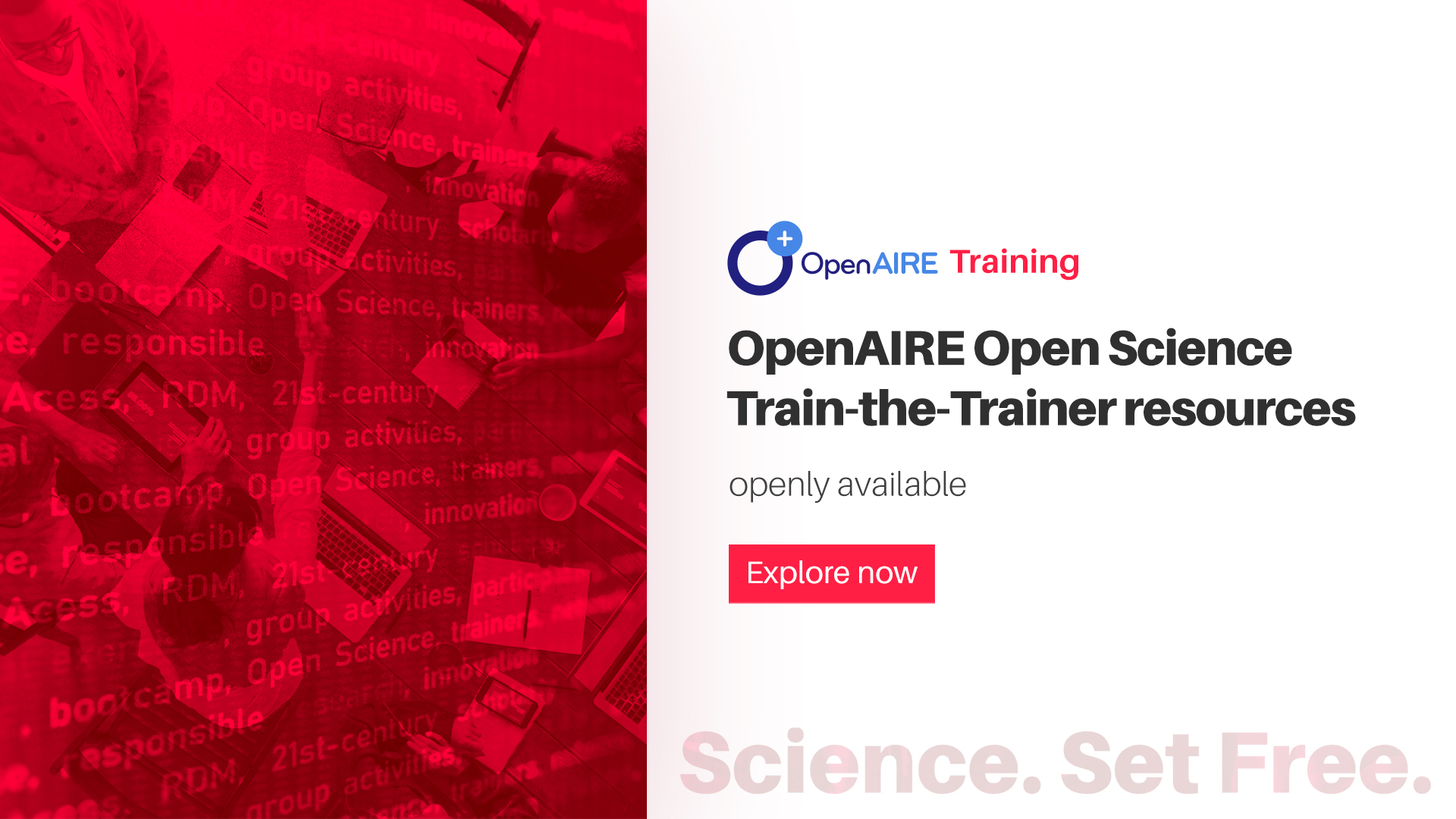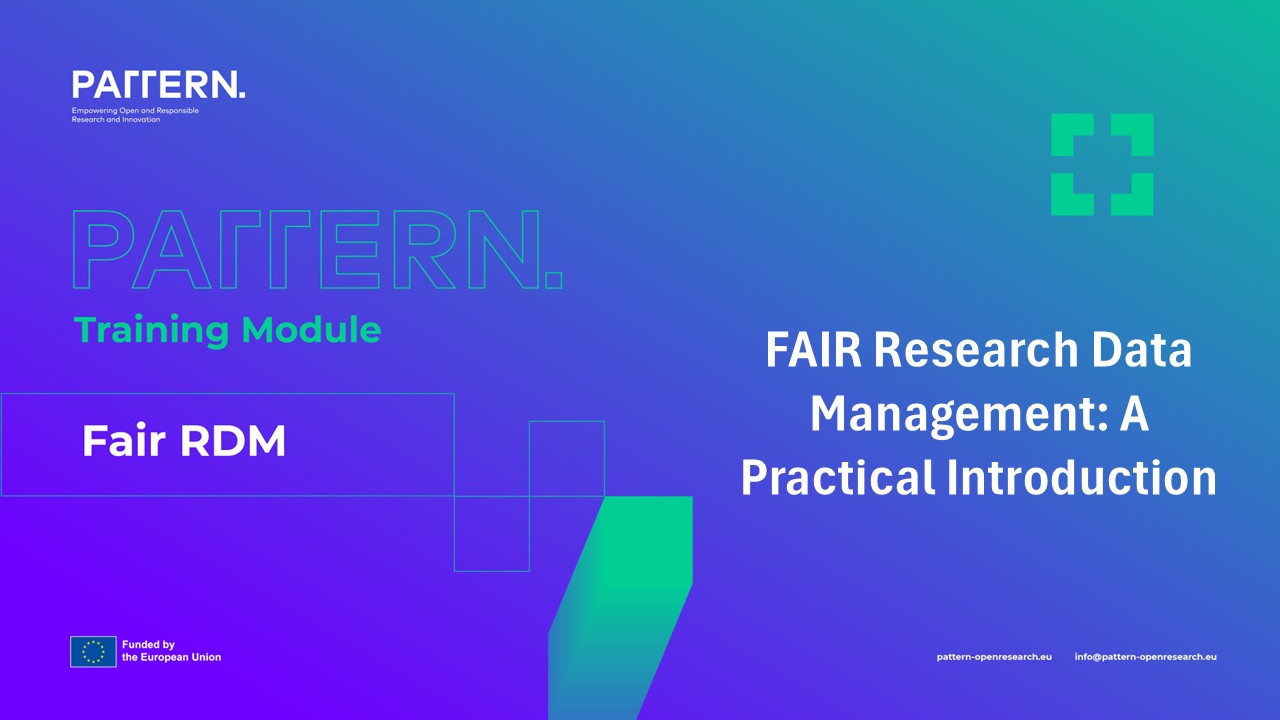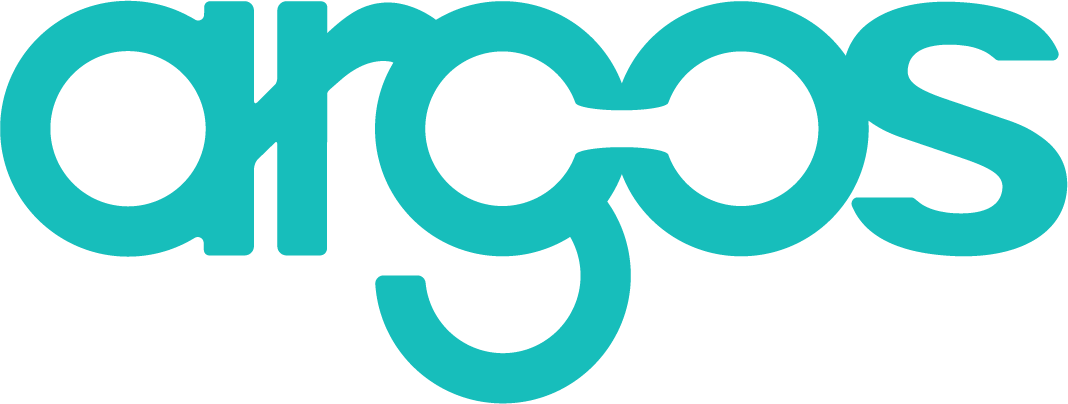
Course Overview
This course equips data stewards, librarians, archivists, curators, and research support staff with the knowledge and skills to effectively manage research data. Participants will explore the fundamentals of Data Management Plans (DMPs), their significance, and best practices for creating and implementing them. Through hands-on sessions, learners will gain practical experience with the ARGOS tool, a key platform for managing DMPs in alignment with Open Science and FAIR data principles. Additionally, participants will learn to build customized DMP templates and workflows tailored to their institutions' needs, ensuring seamless integration into research processes.
Learning Outcomes
By the end of the course, participants will be able to:
- Understand the principles and importance of DMPs in research.
- Explain the historical and current landscape of DMP tools and policies.
- Use the ARGOS tool to create, manage, and enhance DMPs.
- Apply best practices to support researchers in developing comprehensive DMPs.
- Lead the implementation of Research Data Management (RDM) policies at their institutions.
- Build and customize DMP templates to meet organizational needs.
- Design workflows for integrating DMPs into institutional research practices, ensuring compliance with Open Science standards.
Course Syllabus
Lesson 1: Introduction to DMPs and Research Data Management (RDM)
- Overview of DMPs and their role in RDM.
- Key concepts of Open Science and data sustainability.
Lesson 2: Evolution and Current Practices in DMPs
- Historical development of DMPs.
- Current tools and best practices for effective data management.
Lesson 3: ARGOS Tool for DMP Management
- Introduction to ARGOS: features, functionalities, and practical applications.
- Hands-on session for creating DMPs using ARGOS, ensuring compliance with institutional and Open Science policies.
Lesson 4: Practical Assignment
- Scenario 1: Implement a Research Data Management policy at an institution.
- Scenario 2: Lead the Data Management Planning for a new research project.
How to Use This Course as a Trainer
This course is designed for trainers to deliver engaging, interactive sessions. Each lesson combines foundational theory with practical exercises to ensure knowledge application.
Interactive Learning
Incorporate slides, quizzes, group discussions, and hands-on activities to balance theory and practice.
Pedagogical Tips
- Use small groups for collaborative exercises.
- Incorporate gamification techniques to enhance engagement and retention.
Tailoring for Audiences
Adapt the content for various audinces, such as researchers, data stewards, and managers, by emphasizing relevant aspects like ethics, data protection, and Open Science practices.
Supporting Resources
Provide additional materials, including templates, guidelines, and tools, to help participants deepen their understanding and apply best practices in DMP creation and management.
Details
- Language: English
- Resource Types: Interactive sessions, slides, exercises, study cases
- Audience: Data stewards, librarians, archivists, research support staff, and managers in academic and research institutions
